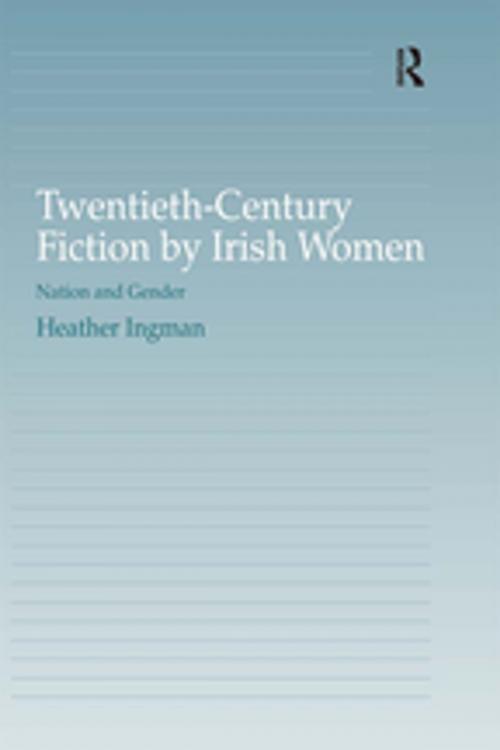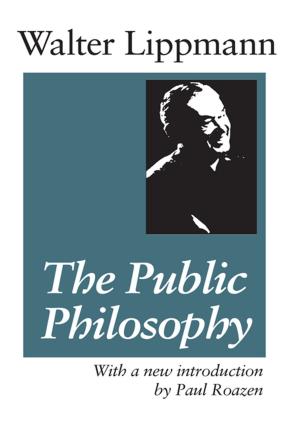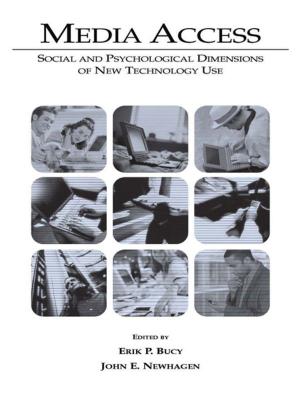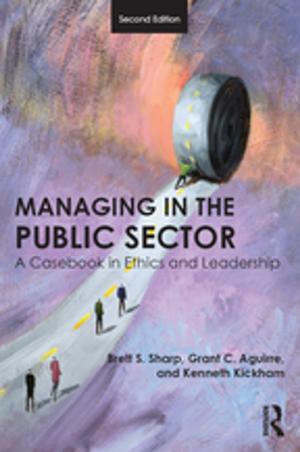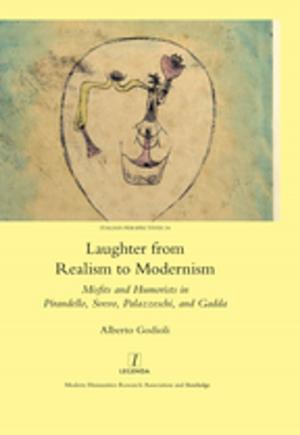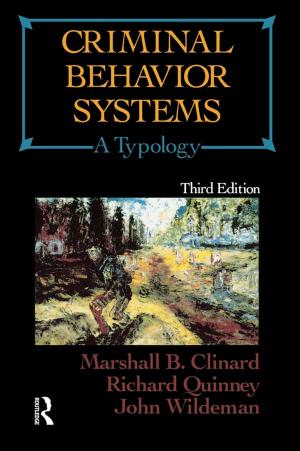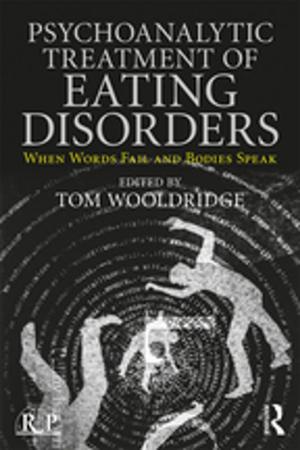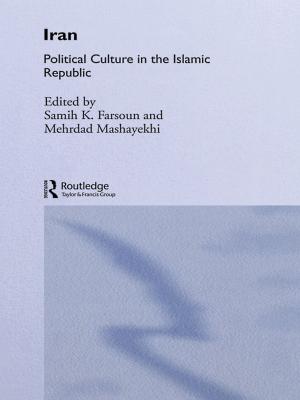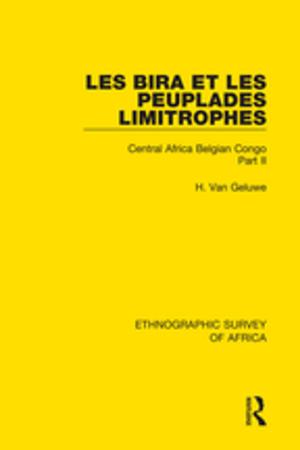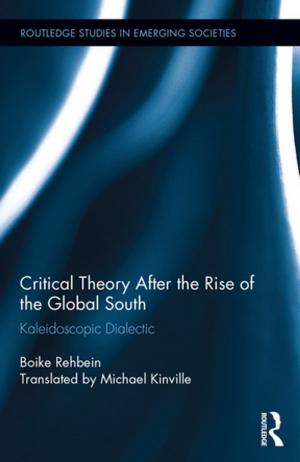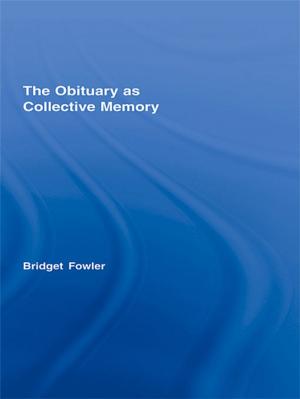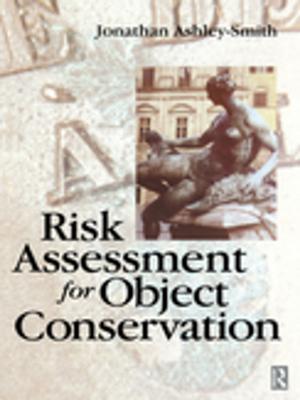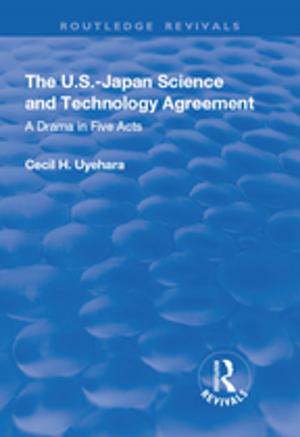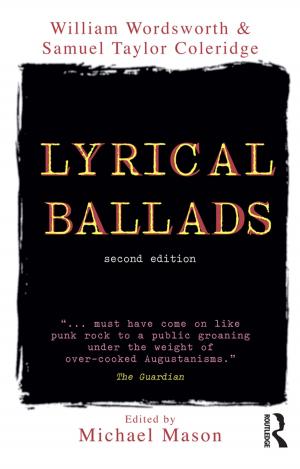Twentieth-Century Fiction by Irish Women
Nation and Gender
Fiction & Literature, Literary Theory & Criticism| Author: | Heather Ingman | ISBN: | 9781351877213 |
| Publisher: | Taylor and Francis | Publication: | March 2, 2017 |
| Imprint: | Routledge | Language: | English |
| Author: | Heather Ingman |
| ISBN: | 9781351877213 |
| Publisher: | Taylor and Francis |
| Publication: | March 2, 2017 |
| Imprint: | Routledge |
| Language: | English |
During much of the twentieth century, Irish women's position was on the boundaries of national life. Using Julia Kristeva's theories of nationhood, often particularly relevant to Ireland, this study demonstrates that their marginalization was to women's, and indeed the nation's, advantage as Irish women writers used their voice to subvert received pieties both about women and about the Irish nation. Kristevan theories of the other, the foreigner, the semiotic, the mother, and the sacred are explored in authors as diverse as Elizabeth Bowen, Kate O'Brien, Edna O'Brien, Mary Dorcey, Jennifer Johnston, and Eilis Ni Dhuibhne, as well as authors from Northern Ireland like Deirdre Madden, Polly Devlin, and Mary Morrissy. These writers, whose voices have frequently been sidelined or misunderstood because they write against the grain of their country's cultural heritage, finally receive their due in this important contribution to Irish and gender studies.
During much of the twentieth century, Irish women's position was on the boundaries of national life. Using Julia Kristeva's theories of nationhood, often particularly relevant to Ireland, this study demonstrates that their marginalization was to women's, and indeed the nation's, advantage as Irish women writers used their voice to subvert received pieties both about women and about the Irish nation. Kristevan theories of the other, the foreigner, the semiotic, the mother, and the sacred are explored in authors as diverse as Elizabeth Bowen, Kate O'Brien, Edna O'Brien, Mary Dorcey, Jennifer Johnston, and Eilis Ni Dhuibhne, as well as authors from Northern Ireland like Deirdre Madden, Polly Devlin, and Mary Morrissy. These writers, whose voices have frequently been sidelined or misunderstood because they write against the grain of their country's cultural heritage, finally receive their due in this important contribution to Irish and gender studies.
